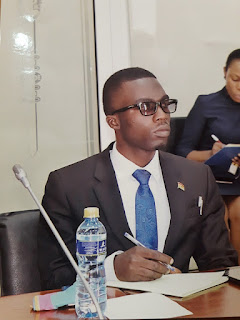Right to Privacy: Admissible in criminal matters or can be violated?
Privacy is the right of individual to be protected against the intrusion into his/her personal life; or affairs; or his/her family by direct physical means or by publication of information.
- Advertisement -
- Advertisement -
- Advertisement -
- Advertisement -
- Advertisement -


